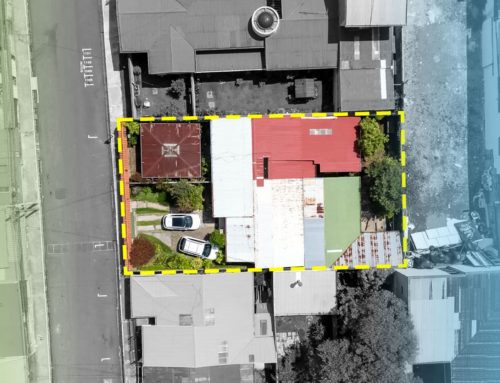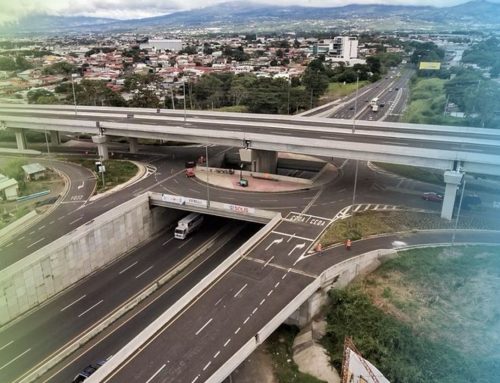In the real estate sector, understanding the Maritime Zone is crucial for agents and clients. It involves complex legal aspects, such as civil liability and insurance. The Maritime-Terrestrial Zone is inalienable, belonging to the central or municipal government, with the ICT overseeing the concessions.
What is the Maritime Zone in Costa Rica?
Public area (First 50 meters)
Restricted area (Next 150 meters)
Environmental protection
What is the importance of the regulatory plan?
The regulatory plan establishes the guidelines for development in the ZMT and is created by the municipality. Understanding and interpreting this plan is critical to ensuring compliance with local regulations. If you want to make a different use than the one established in an area, you can request a “conditional use” subject to the approval of the municipality.
It is essential to take into account the specific restrictions and requirements for each type of use. Real estate agents should be familiar with this process and provide expert guidance to their clients to ensure legal and successful development.
Understanding market players, the differences between public and restricted areas, as well as the process of selling concessions is key to investing wisely.
Furthermore, the precise interpretation of the regulatory plan is essential to ensure legal and sustainable development. Properly informing customers about these aspects can improve transparency and confidence in the process of buying and selling properties.








